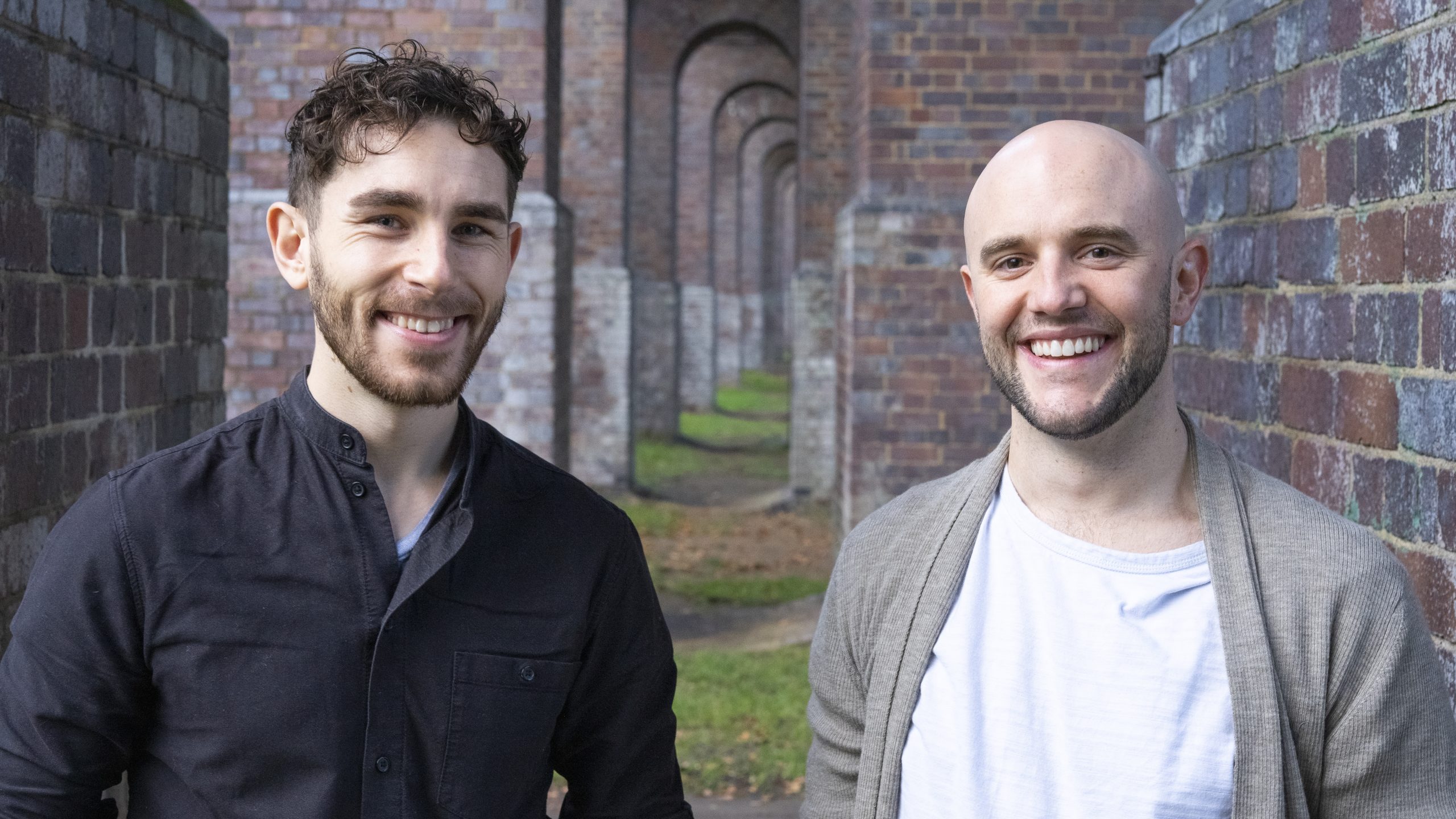
We are pleased to announce that Carbon Global has won Best Team Training and Development at the Business Awards UK for 2022/23!
We’re extremely proud to offer a bespoke training and development programme to all our staff, so we are absolutely thrilled to be recognised for our hard work.
In light of this fantastic achievement, we’ve met with one of our Managing Partners, Henry Regan, to further discuss Carbon Global’s training and development techniques, and why he thinks this sets us apart from other lead generation companies.
Both you and our other Managing Partner Sam, pride yourselves on training all business development managers like actors. But, why do you train like actors compared to a regular training session?
When we came into the role many moons ago, we discovered that our acting experience translated nicely to lead generation. Things like breathing, improvisation and script work perfectly align with our work in lead generation and business development. We have translated that into a training programme at Carbon Global, where we’ll go to the park and do breathing exercises or talk about yoga and stretching. Simple things like that we learnt from our training we’re translating over to business.
We found that not only does it help productivity, but it also helps the culture and the happiness of everyone involved. It’s about being honest and truthful. In business, it’s all about putting your best foot forward, yet, in a rehearsal room, you’re trying to make mistakes because if you make a mistake, you will not do that again. Using that and putting that into our work, we have bred not only meetings but valuable meetings and therefore work for our clients, which has kept us in business and growing at the rate that we have been for the last six years.
How have Carbon Global’s KPIs evolved since using this training method from starting the business to today?
When we talk about KPIs, we usually discuss the ones which are external to the client. But we need to talk about the ones that are internal, just as a business, and then we talk about the individual KPIs. These should be things that are controllable. We ask two things: what does actual success look like and what does perceived success look like? That’s a hard conversation to have, but it’s those hard conversations I like to have.
We run our company like an ensemble and that extends to the clients as well. This is a collaboration.
What is required to run a successful training and development session?
What makes success is regular and bespoke training sessions. However, to have a successful team, you need to have employees from every walk of life, meaning you cannot do a training session that caters to everyone.
All of this is important because everyone needs to be catered to individually. Equally, you can lead a horse to water, but they have to be able to go “I need this specific help”, with them suggesting problems and potential solutions for them to learn and grow. We’re always looking at how we make these things better.
Why is the human touch an essential player in the training and development of our business development managers?
I think the human touch is imperative; we are all individualistic. When we talk about the human touch, we don’t just mean being in front of each other: we mean understanding where the person is in their life and where the person is in their work because there may be things happening that are affecting them at work.
But this is something that we’re fighting with a hybrid system; it’s often hard to do things over Zoom. It’s nice to see the whites of eyes of somebody else.
I think the human touch always wins.
Why do you think Carbon Global’s training and development set you apart from other lead and demand generation companies?
We treat people like human beings, number one, and we value them. Not only does that extend to our employees, but to our clients also; we do care. We work as an ensemble when [other companies] work as individuals. We’re big fans of teaching each other how to fish or having dance captains of projects where they can get the help of other people in the organisation. When there is a big weakness, we all care about it.
Collegiality is one of our core values here.
How do you prepare for a training session?
Our training sessions, at the moment, are typically quite reactive to the need; we’re very sector-agnostic. It’s valuable to think about the strategy around that by listening to our mentors within the industry, our clients, and prospects about what they need is or what gaps they need to fill. But, you can’t just do a session here, and a session there. It needs to be ongoing.
I think when you win an award, it is a great time to go “well done” and pat yourself on the back, but then think, where can we go from here? How can we be even better? I would love to be more proactive in the strategy around training sessions and catching things months before they become an issue. I think we can do that, but the world in the last three years has changed a lot, and it’s changing so quickly it’s about being agile.
Gee Stencel | They/Them
Strategic Operations Manager
Carbon Global

